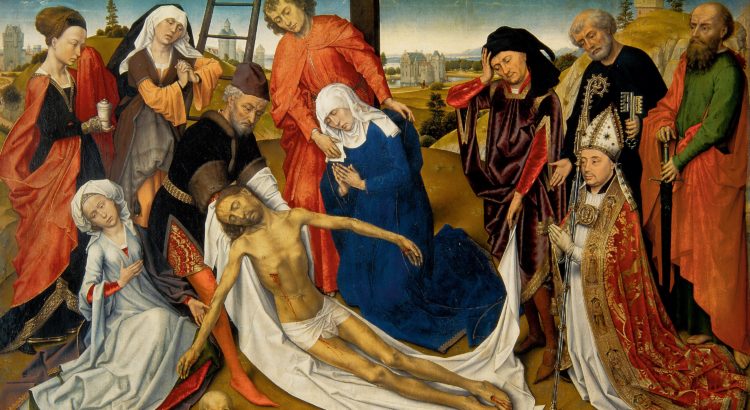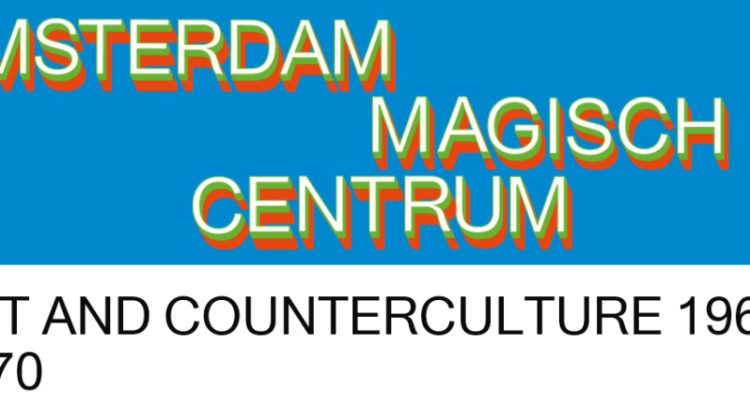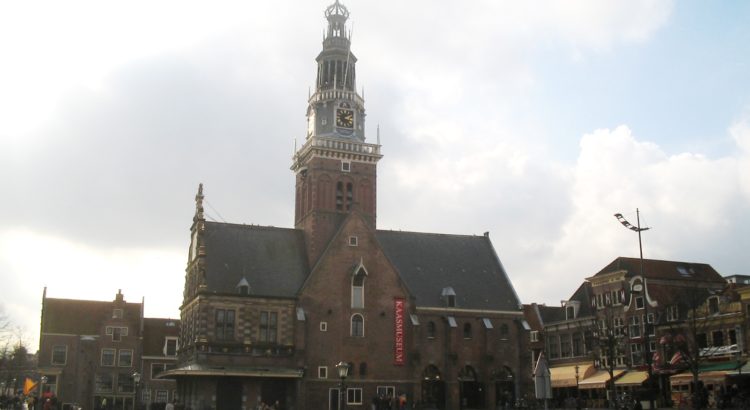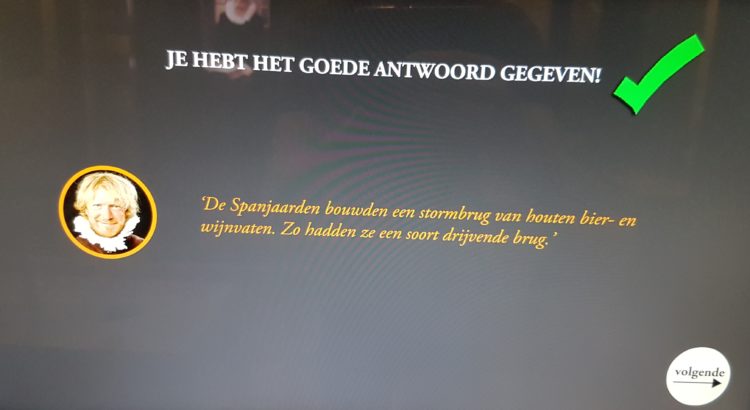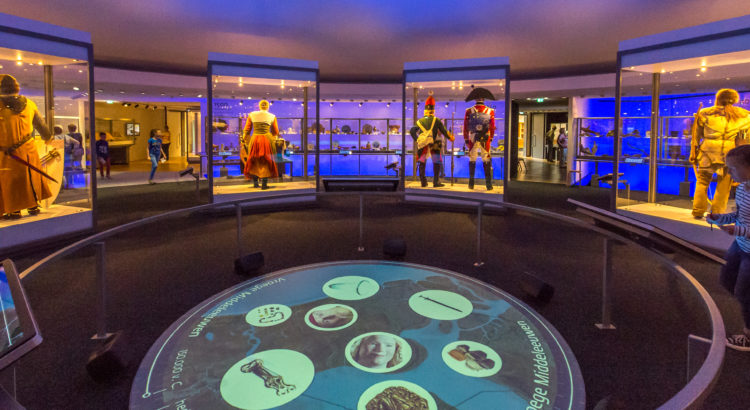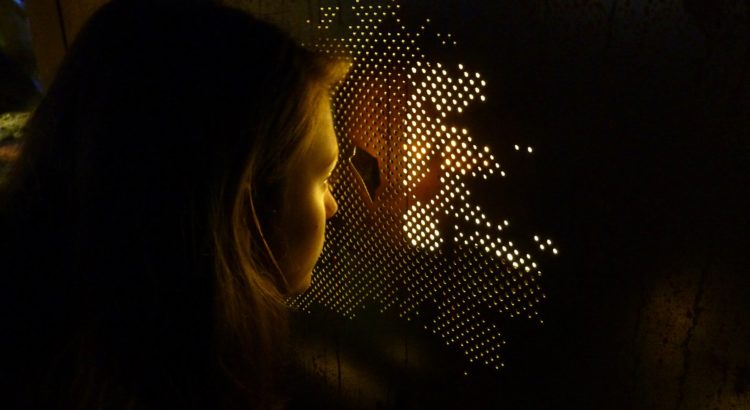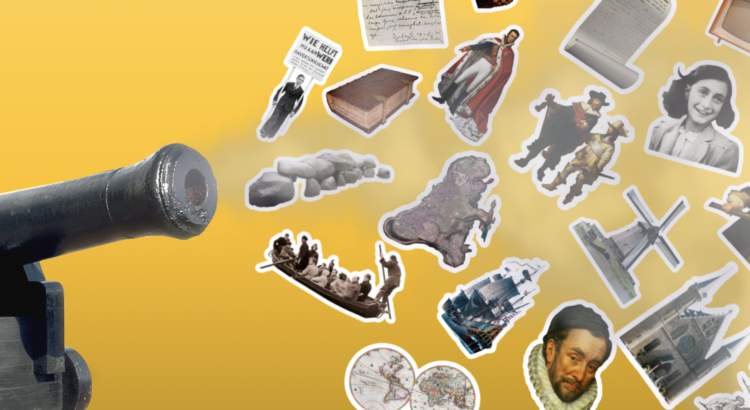What tools are used to motivate participation on historical websites?
In this blog, we analyse the website ‘The September 11 Digital Archive’, saving the histories of September 11, 2001, and ‘WieWasWie’, a website focussed on genealogy and archival material. We will do this using questions and analysing methods used by Cohen and Rosenzweig. The September 11 Digital Archive In the ‘About’ section of this […]
